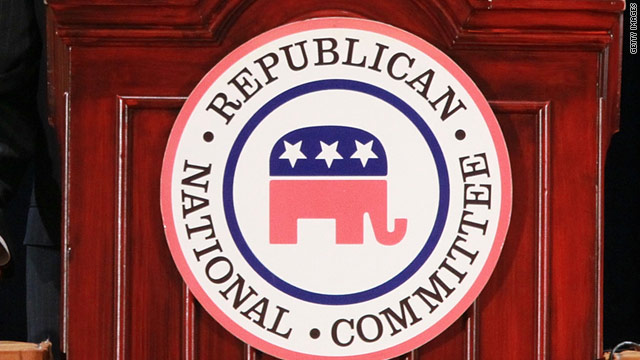| Blogs |
| WRITTEN BY THE BLAZE |
On Tuesday, officials at the Justice Department met with gun control advocates, answering President Obama’s call to put aside “stale political debates” to begin “a new discussion” on ways to better enforce and strengthen America’s existing laws in the wake of the Jan. 8 shooting in Tucson. Missing from the dialogue, however, was the National Rifle Association (NRA) who pointedly responded to the president’s invitation: thanks, but no thanks. (Video: NRA News)
“Every single day, America is robbed of more futures. It has awful consequences for our society. And as a society, we have a responsibility to do everything we can to put a stop to it,” Obama wrote in an op-ed published Sunday in the Arizona Daily Star. “Now, like the majority of Americans, I believe that the Second Amendment guarantees an individual right to bear arms. And the courts have settled that as the law of the land. … However, I believe that if common sense prevails, we can get beyond wedge issues and stale political debates to find a sensible, intelligent way to make the United States of America a safer, stronger place.”
In an open letter (pdf) delivered to the White House Monday, Executive Vice President Wayne LaPierre and Chris Cox, Executive Director of the NRA‘s Institute for Legislative Action criticized Obama’s call for a renewed dialogue on gun control and encouraged him instead to crack down on crime, not gun rights.
“[T]o focus a national dialogue on guns — and not criminals or mental health issues — misses the point entirely,” LaPierre and Cox wrote. “If you do in fact believe the Second Amendment guarantees an individual right, we suggest you demonstrate that in your policies and those of your Administration, which you have not done to tdate. Simply saying that you support the right to keep and bear arms is mere lip service if not put into action.”
“The government owes its citizens its most vigorous efforts to enforce penalties against those who violate our existing laws,” they continued. “The NRA has members proudly serving in law enforcement agencies at every level. Rank and file law enforcement wan to arrest bad people — not harass law-abiding gun owners and retailers.”
As the gun control debate fires up, the New York Times noted Monday how Obama‘s gun control message attempts to borrow from the NRA’s own rhetoric:
For example, a White House adviser on Monday said Mr. Obama wanted to redefine the gun debate to “focus on the people, not the guns.” The president, in his column, cited the same policy areas Mr. LaPierre mentioned as fertile ground for consensus. And Mr. Obama emphasized, “First, we should begin by enforcing laws that are already on the books” — a line long used by the gun lobby.Mr. Obama’s column in The Arizona Daily Star reflected his continued political caution toward an issue that for decades has polarized the country. In past weeks, aides had suggested he might give a public address expanding on his views about gun safety — an option that has now been put aside.Mr. Obama spoke at a memorial service in Tucson four days after a gunman on Jan. 8 killed six people and wounded 13, including Representative Gabrielle Giffords. But gun safety advocates, including a group of mayors headed by Michael R. Bloomberg of New York, called on Mr. Obama to do more, including endorsing legislation to ban high-capacity magazines like those used in the Arizona attack.
“Why should I or the NRA go sit down with a group of people that have spent a lifetime trying to destroy the Second Amendment in the United States?” LaPierre rhetorically asked during an interview with the Times Monday. “It shouldn’t be a dialogue about guns; it really should be a dialogue about dangerous people.”
Visiting Capitol Hill on Tuesday, New York City Mayor Michael Bloomberg joined congressional Democrats in announcing legislation to expand the nation’s gun background check system.
But gun control legislation may be the least of the NRA’s concerns. According to one Huffington Post report, the Obama administration is exploring ways to implement new gun control regulations through executive actions, bypassing Congress.
The Department of Justice held the first in what is expected to be a series of meetings on Tuesday afternoon with a group of stakeholders in the ongoing gun-policy debates. Before the meeting, officials said part of the discussion was expected to center around the White House’s options for shaping policy on its own or through its adjoining agencies and departments — on issues ranging from beefing up background checks to encouraging better data-sharing.
Administration officials said talk of executive orders or agency action are among a host of options that President Barack Obama and his advisers are considering. “The purpose of these discussions is to be a productive exchange of good ideas from folks across the spectrum,” one official said. “We think that’s a good place to start.”
Sponsored Link: Why would a geologist risk his life for a penny stock in one of the most isolated regions on the planet? To meet with the CEO of the tiny gold firm, which could pay you 390% or more in the next 12 months. For the incredible story, click here.





